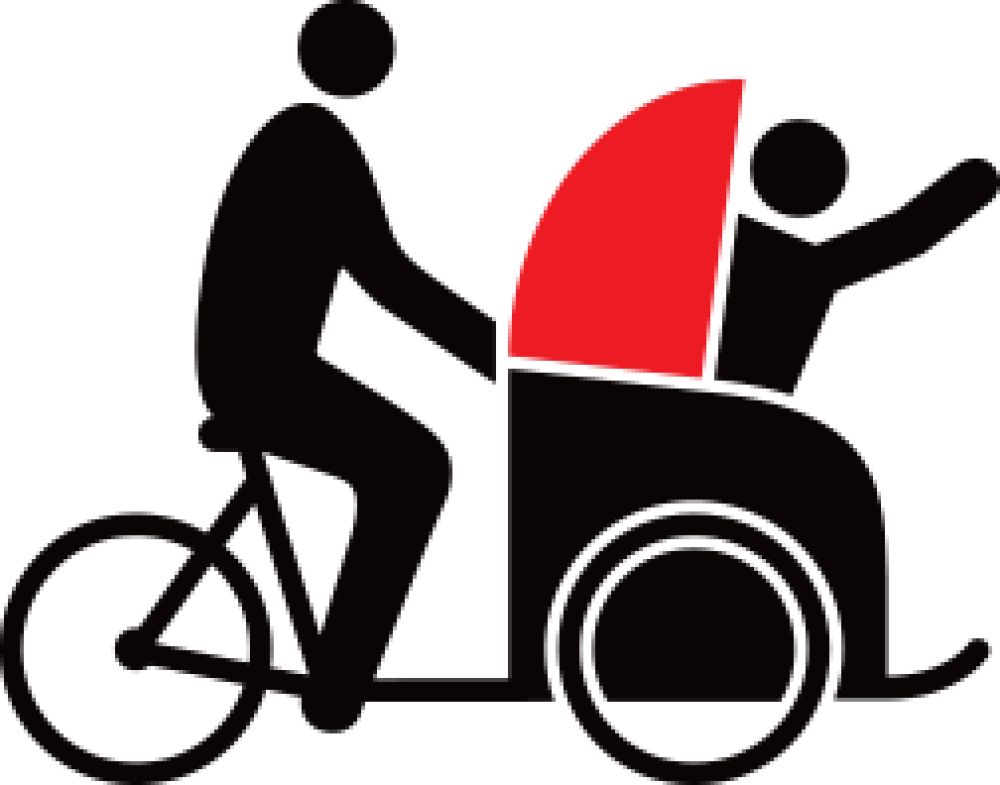Cycling Without Age was founded in Denmark under the name Cykling uden alder.
For generations the bicycle was the preferred mode of transport for people all over the world. In fact, most of today’s older generation grew up and were young adults in a time when cycling 25 kilometers or more to and from work was quite common. In the 20’s, 30’s and 40’s, the bicycle provided cheap, easy and efficient transport.
But when we grow older, our legs and our eyes may prevent us from cycling on our own. And at some point, we stop cycling altogether. We have heard countless stories of how elderly people reluctantly have had to give up cycling because they became afraid of crashing, and how much they miss the joy and freedom of cycling.
The bicycle is not only the easiest and most convenient means of transport, it also happens to be the happiest means of transport. It gives you the ability to reach far and wide at a slow pace, taking in your surroundings along the way.
Cycling Without Age is about allowing the bicycle to play that role in people’s lives regardless of age or disabilities.
Cycling Without Age has five guiding principles
Generosity
Slow Cycling
Storytelling
Relationships
Without Age
Without Age
“Without Age” is a fundamental part of our movement. Life does not end when you turn 75 or if you become disabled. Life unfolds at all ages, young and old, and can be thrilling, fun, sad, beautiful and meaningful. Cycling Without Age is about letting people age in a positive context – fully aware of the opportunities that lie ahead when interacting in their local community.
“Without Age” is a metaphor for “no boundaries”, “the sky is the limit” or “carpe diem”. That’s why we insist that “Without Age” is part of the name in all language translations of Cycling Without Age.
Sure, in some – if not all – languages “Cycling Without Age” sounds unusual. Even in its native Danish it’s an oddball, but that’s part of the charm and part of what makes it memorable and stand out.
Cycling
Most latin languages don’t have a verb for “to cycle” and “cycling” is mostly used to describe the sport.
We’ve worked with locals to come up with “In bici senza età” in Italian and “A veló sans âge” in French. As in Danish and English they’re a bit unusual, but 15 years ago nobody would have dreamed of calling a company Google or 5 years earlier Yahoo.
We hope you like our name and our cause. Join us!


